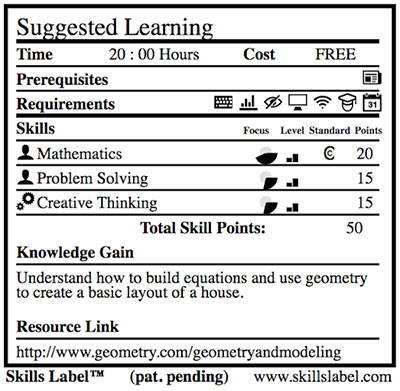WISE Women’s Business Center Awarded Grant From Empire State Development, Celebrates Entrepreneur of the Year Award
The WISE Women’s Business Center, in collaboration with the Whitman School of Management, announced the renewal of WISE as an Entrepreneurial Assistance Center (EAC) through the Empire State Development EAC program. This award ensures WISE’s continued designation as one of…



